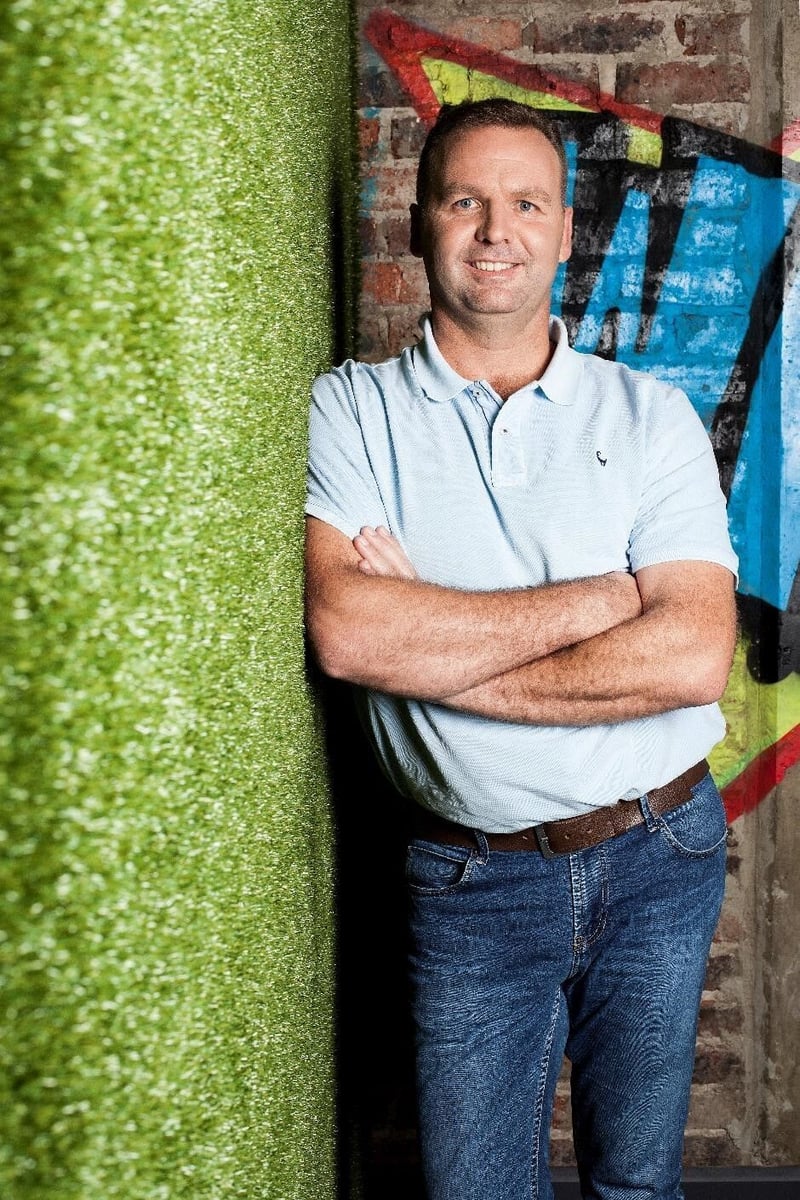King Price donates nearly 40% of annual profits to charity via shareholding
Written by: Tsholofelo Montwedi Save to Instapaper
According to The Trialogue Business in Society Handbook, South African companies invested around R10.9 billion into corporate social investment (CSI) in the 2022 financial year – a 6% increase from 2021. Contributing to this, South African insurer King Price has donated nearly 40% of its profit to charities across southern Africa via its main shareholder Mergon, and an additional R1.3 million to charitable organisations and ministries through the King Price Foundation.
Marno Boshoff, culture evangelist at King Price says, now more than ever before, companies need to entrench CSI into both their business plan and culture. “From day one, we were set up to channel profit into charitable donations, via Mergon, and we’re pleased to be able to play our part. We believe in helping the little guy, because we were the little guy in the industry once. This influences how we choose the charities that we support.”
These charities include:
Inani Startwell Foundation: With 27% of our country’s children considered ‘stunted’, meaning that they will not reach their full growth and developmental potential, King Price wanted to help contribute to the fight against malnourishment. Inani works with businesses and feeding schemes to deliver daily nutrient-dense meals to poverty-stricken areas.
Brave to Love: Organised syndicates exploit South African girls as young as 10 in sex trafficking, and the insurer wants to help make a difference to the lives of these girls and women by supporting Brave to Love, which rescues, rehabilitates, restores and re-integrates victims and survivors of sex trafficking.
Cheerful Givers: Cheerful Givers manages a comprehensive online directory, aiding companies and individuals to link up with organisations that need assistance. Charities themselves need funding to operate over and above the donations that they disperse, and this is one of the reasons that King Price supports Cheerful Givers.
Boshoff says that it’s imperative to do business with purpose and incorporate it as part of every staff member’s daily activity. Integrating meaningful social impact into your company culture goes beyond staff initiatives,” says Boshoff. “Social impact requires a holistic plan that engages all levels of your business. There's no time like the present to start planning your social impact strategy to support the communities that support your company, and all its stakeholders.”
Get new press articles by email
Latest from
- Tips to keep you warm and safe this winter
- From recognition to revenue - the impact of employee incentive programmes
- Township based food delivery app service launches in Mpumalanga
- SpaceSalad partners with Zapiro to launch presidential decision-making simulator game
- 10 lessons for building a successful business
- Start-ups recipe for sustainable growth and success lies in the five T’s
- Aions Creative Technology invests in five more start-ups to drive economic growth
- Randgo CEO wants to empower consumers to live beyond their paycheques
- Why Investing in Your Student Years Matters
- Cyber safety should be on your business’ agenda every day
- 5 good reasons to fall in love with your insurer
- 3 reasons why you should keep a home contents inventory
- Ten tips for aspiring entrepreneurs to avoid being part of the failure rate
- Why financial conversations are important from a young age
- A guide to navigating festive spending temptations
The Pulse Latest Articles
- Unitrans Drivers Shine At Iveco #thankyoutrucker Awards (December 5, 2025)
- Fast, Connected, Screen-free: The Big Toy Trends Defining Christmas 2025 (December 4, 2025)
- Dezemba Coolerbox Culture: The Small Summer Swaps That Make A Big Difference (December 4, 2025)
- Amarantine Travels Launches Summer Season Tours Showcasing South Africa’s Culture, Coastline And Winelands (December 3, 2025)
- Steinmüller Africa Teams At Kriel And Majuba Hit 1 Million Rcr‑free Hours (December 3, 2025)
